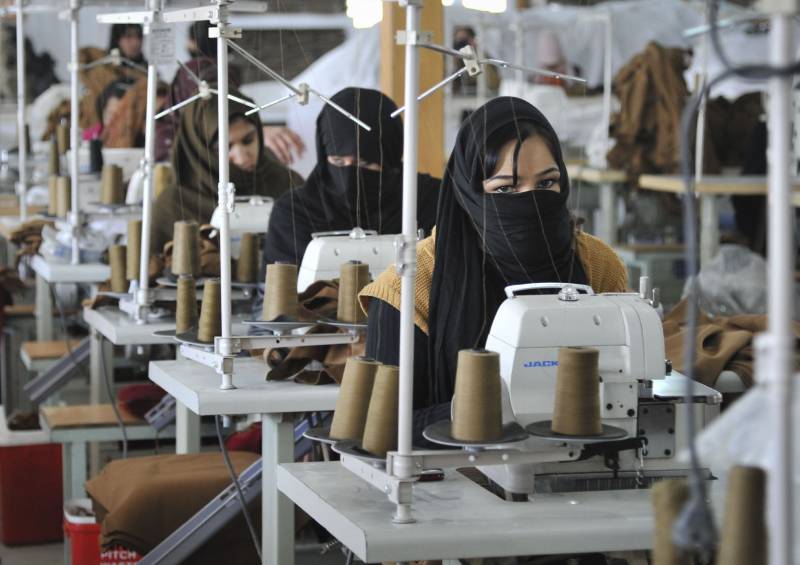Iran’s Textile Industry Crisis: 500 Workers Axed As Unrest Grows

500 textile workers in Borujerd, Western Iran, have been terminated since the beginning of the current Persian calendar year, starting from March 21. Simultaneously, Moslem Moradi, the governor of Borujerd, has called for a comprehensive audit of the company by provincial auditors.
The dismissals in the Borujerd textile industry align with a broader trend where workers in various industrial units face repercussions, including terminations or wage deductions, for protesting against wage conditions or advocating for the implementation of job classification plans.
The state-run ILNA news agency is examining the legality of blocking workers’ entry cards, as witnessed in the recent case of protesting workers at the National Steel Company in Ahvaz. The agency has urged the Ministry of Labour to intervene in employer punishments without the establishment of a committee.
The challenging living conditions of workers have fueled discontent, prompting protests across various sectors. Workers are demanding the implementation of job classification plans, job benefits and timely payment of wages. Unfortunately, these challenging conditions have also led to tragic consequences, such as suicides. In recent days, two workers from the Chovar petrochemical company took their own lives after being barred from entering the workplace.
Media reports suggest that the workers attempted suicide by hanging after being excluded from their workplace. Workers at the Chovar petrochemical factory in Ilam province allege that the mass dismissal orchestrated by the factory manager, where 13 workers were deemed unnecessary, triggered the suicides on December 21 in protest against these dismissals.
In another distressing incident, workers from all sections of the Iranian National Industrial Group’s steel factories in Ahvaz initiated a strike on December 23. This action followed the CEO’s ban on the entry of 21 workers and the failure to fully implement the job classification plan. The strike has persisted for a week, with the CEO citing coordination with the Khuzestan Supply Council to prevent disruptions to production lines.
According to Article 48 of the Labour Law, the job classification plan must be implemented for workshops covered by the Social Security Law with over 50 employees. The law obligates the Ministry of Labour to establish and implement a job evaluation and classification system to prevent job exploitation, utilizing national job standards and customs.














